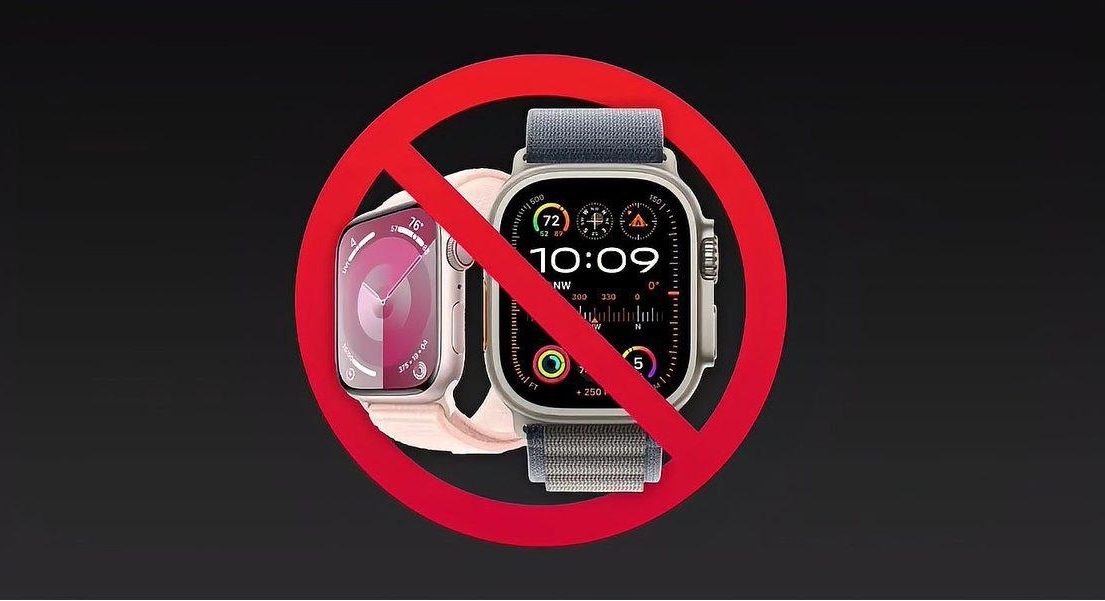
In the fierce competition in the technology industry, the protection of trade secrets and patents has always been the focus of major companies. The legal dispute between Apple and Masimo, the two technology giants, has continued since 2020, and recently, Masimo accused Apple of infringing its patent on blood oxygen sensing technology in a new lawsuit, and requested the court to impose an injunction on the blood oxygen sensing function of Apple Watch, which once again caused widespread concern in the industry.
In the past, Masimo has accused Apple of illegally poaching its employees and stealing trade secrets while developing the Apple Watch, and has filed a trade secret lawsuit to that end. At one point, after several trials, the jury was unable to reach a unanimous decision, resulting in a mistrial. Instead of giving up, however, Masimo adjusted his strategy, instead asking a judge for a trial and going all out for a further injunction against the Apple Watch.
At the same time, the patent dispute between Apple and Masimo is escalating. The jury had ruled that two of Masimo's smartwatches, the W1 and the Freedom Watch and charger, infringed two of Apple's design patents, a decision that was undoubtedly a short-lived victory for Apple. However, the focus of this legal dispute is not limited to trade secrets and patent infringement, but more importantly, it exposes the possible infringement of some large companies in business competition.
But in the last week, the legal dispute has once again ushered in new developments. In a new lawsuit, Masimo accuses Apple of violating its patents on blood oxygen sensing technology and is asking the court for an injunction against the Apple Watch's blood oxygen sensing capabilities. This allegation once again pushed Apple to the forefront, causing widespread concern and hot discussion in the industry.
Blood oxygen sensing is an important feature of Apple Watch, which can help users monitor blood oxygen levels, which is of great significance for health management and disease prevention. However, if Masimo's allegations are upheld, then Apple will have to face the threat of a ban, which will have a serious impact on the market sales and brand image of Apple Watch.
In response to the new allegations, Apple said it has always respected intellectual property and trade secrets and is committed to advancing the technology industry through innovation and collaboration. However, for Masimo's allegations, Apple believes that it lacks factual and legal basis, and will take the necessary legal means to fight back.
This lawsuit not only highlights the complexity and severity of intellectual property disputes in the US technology industry, but also reveals the fierce confrontation and potential risks among large technology companies in the market competition. The legal dispute between Apple and Masimo not only concerns the interests of the two companies, but also involves the innovation ecology and market competition order of the entire technology industry. If large companies can freely violate the trade secrets and patent rights of small companies, the innovation vitality of the entire industry will be seriously hit, and the market competition will become unfair.
More worryingly, the case exposes some deep-seated problems in the US legal system when it comes to intellectual property protection. Although the United States may appear to have a "relatively sound" legal system and intellectual property protection system, in practice, the implementation and interpretation of these systems are fraught with complexity and uncertainty. For example, the definition and scope of protection of trade secrets, the granting standards of patent rights and the identification of infringement are all controversial and ambiguous areas. These problems not only increase the complexity and difficulty of solving legal disputes, but also bring potential risks and challenges to the innovation and development of enterprises. This creates headaches for domestic companies and potential legal risks for companies around the world doing business in the United States.

On January 7th local time, GameStop (GME.US) announced that the company's board of directors had approved a potential executive compensation package worth $3.54 billion, which was targeted at the company's CEO, Ryan Cohen. At the same time, this new compensation package set extremely high performance thresholds: Cohen, the CEO, needed to increase the company's market capitalization from $9.5 billion to $100 billion.
On January 7th local time, GameStop (GME.US) announced that…
According to the British media The Guardian, recently US Pr…
In today's era of deep integration of globalization and dig…
In early 2026, US President Trump forcibly took control of …
Recently, the corn market dynamics analysis released by Aus…
Donald Trump has proposed an "immediate" restriction on lar…